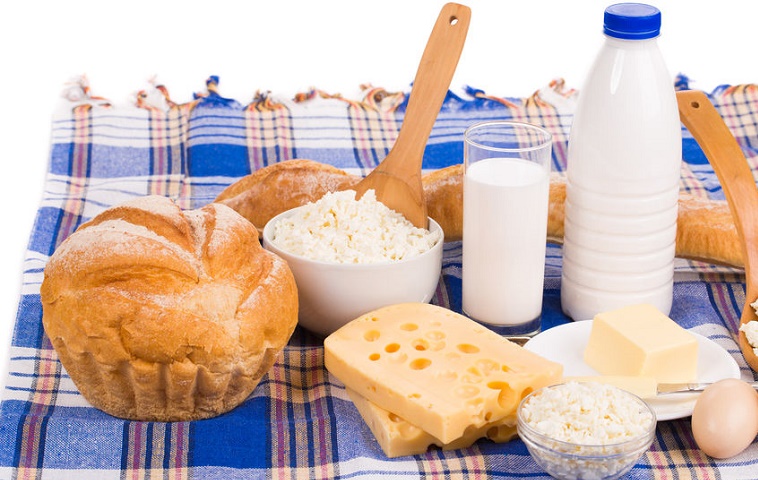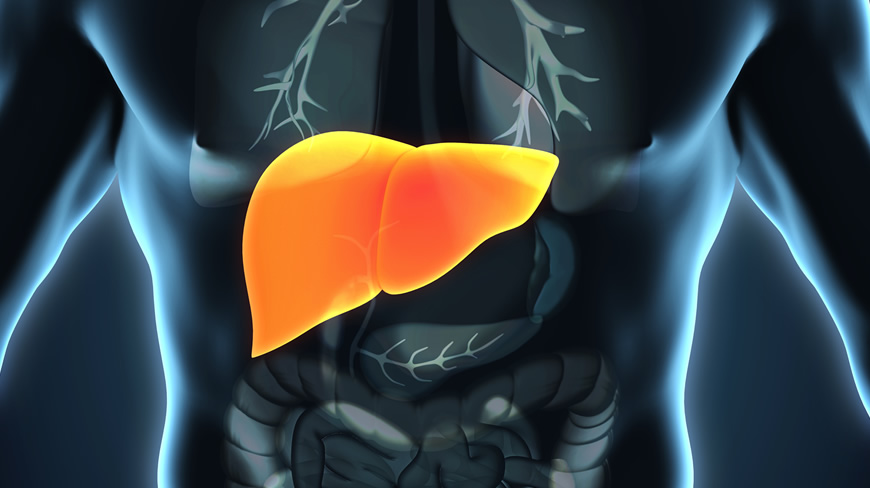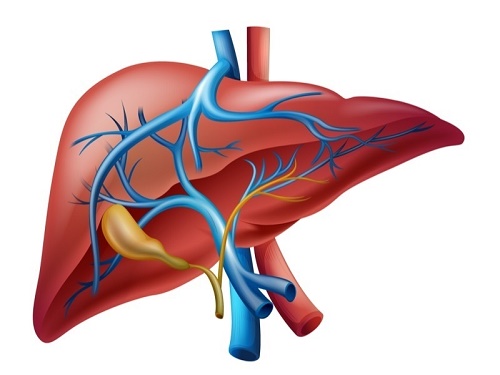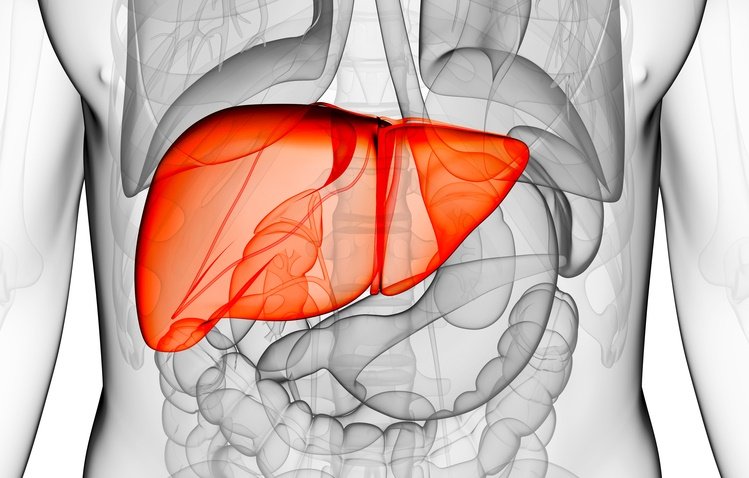6 foods that produce mucus and phlegm

The accumulation of mucus and phlegm can be quite annoying if it is not treated quickly and effectively and can occur in different areas of our body such as the nose, chest, ears and throat.

The accumulation of phlegm and mucus weakens our bodies and makes us feel sick and listless during the day. However, phlegm can be considered as a way in which our body eliminates toxins, and while these symptoms are present, it is not advisable to try by all means to stop the symptom, but rather to try to heal the problem that causes them, for example, modifying the diet that may be causing the phlegm.
Excess phlegm and mucus indicate that our body is in crisis. This can be caused by toxins, pollutants, allergies, and food additives, and generally also affects the lymphatic system, gastrointestinal tract, and respiratory tract.
Excess phlegm means that your organs are not working properly and that there are many accumulated toxins, which in the long term can lead to more serious problems and diseases such as a malfunctioning liver or spleen.
Table of Contents
6 foods that produce mucus and phlegm.
The most common causes that cause mucus and phlegm in our body, in addition to allergies, are due to a poor diet where the consumption of foods that produce mucus and phlegm that are heavy, with a lot of fat, sweet and with a lot of sugar abounds.
Phlegm over time can obstruct the respiratory tract and make it difficult to breathe, so you need to know how to prevent it by eating a good diet.
Any ingredient that contains high levels of histamine (a compound released in the body during allergic reactions), such as coffee, soy products, avocados, peanuts, buttermilk, cheeses, yogurt, sour cream, fish, and tree nuts in general can also signal your body to make more mucus.
1. Dairy products.
Dairy products such as milk, cheese, yogurt and their derivatives can thicken the mucosa in the throat. Dairy products, apart from making breathing difficult, also cause inflammation and irritation of the throat.
The idea that milk causes the body to produce mucus has been around for centuries. However, after several years, studies have been conducted to determine if this is actually the case.
The results were that milk does not cause the body to produce mucus, but it does cause phlegm to thicken. It is believed that it is the fat content in milk that causes this reaction.
Milk has many benefits for the body, in addition to being an excellent source of calcium and vitamins, so it is necessary to know how to weigh the benefits and what are their cons. Therefore, you should consume it with caution.
2. Products of animal origin.
Meat and eggs can also be one of the main problems for generating phlegm.
These foods cause mucus to accumulate in your throat as they contain a high degree of protein, so if you want to avoid this problem it is recommended that you consume organic products.
3. Refined sugars.
If you are one of those who love sweets and “sweet things”, you should take into account the fact that sugars are one of those foods that cause mucus in the body.
Even the sugar we add to coffee or tea can cause your body to make more mucus, as well as other foods that are processed and even simple things like glazed fruits.
The advisable thing is to avoid the consumption of sugar as much as you can; in its place you have many other ingredients that are healthy, such as honey, or stevia in case of diabetes; these are always two good alternatives. When baking, you can use more fruit, which is a natural source of sugar.
4. Soy and derived products.
If you are looking for an alternative to dairy or meat, you have probably heard of soy, however, try to stay away from soy-based products, such as soy milk, tofu, and tempeh.
Soy is not recommended, and even more so when you are sick, since soy-based products can make you feel worse, so try to avoid them. You might consider coconut instead, as it is a good antioxidant and doesn’t cause mucus production that soy can.
5. Drinks like sodas and chocolates.
Fresh diet drinks, sugary sodas and even concentrated juices can cause phlegm after being drunk. Many people wonder: “Why do I collect phlegm in my throat after drinking a glass of Coca Cola?“
But this has an explanation, soda is relatively acidic with a pH of 4 (on a scale of 1 which is highly acidic and 14 which is basic). When the person consumes the soda, their body responds by protecting the lining of the throat with a layer of mucus.
Caffeinated beverages, such as soda, tea, and coffee, can increase the risk of dehydration, which can lead to thicker mucus.
Drinking water instead of caffeinated beverages will help keep mucus secretions away and our airways clearer.
Chocolates and desserts that contain instant coffee can also thicken mucus due to the dehydrating effects of caffeine in food.
6. Refined flours.
Refined flours would be better to be avoided, instead substitute white bread if possible, for whole wheat bread. Wheat bread contains gluten and gluten is a cause of intolerance in many people.
You can substitute it for breads made with gluten-free grains.
It is important to note that some foods can increase phlegm and mucus in some people and not in others. That is why it is always important to speak with a doctor before changing our diet.


